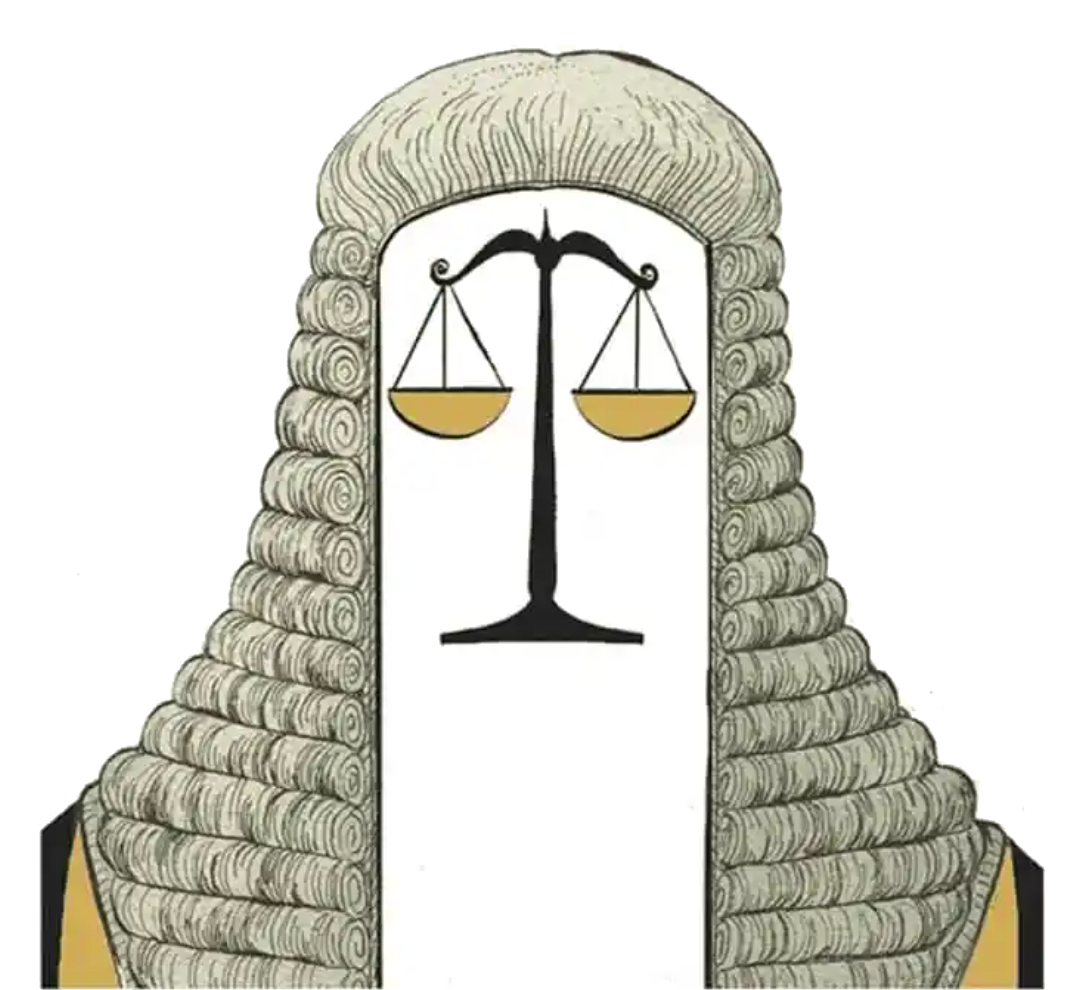
In my brief career as a parliamentarian I have developed a rule of thumb when it comes to evaluating legislation: if a bill has been brought forward in response to a national outcry about a terrible tragedy, whether the death of a child or dozens of adults, it will almost always be rotten. In particular, it will go far beyond what is required to prevent similar tragedies in future and create a swath of new laws that the already overburdened police will be expected to enforce. That I’m afraid is the default response of parliament when it’s trying to respond to an eruption of public anger: to stick more criminal offences on the statute books.
A case in point is the Public Office (Accountability) Bill, known colloquially as the Hillsborough Law. It’s named for the 97 people who died in the 1989 Hillsborough disaster and is supposed to make it easier for families and others affected by such events to find out what happened and to hold those responsible to account. Admittedly, in the case of Hillsborough, the reckoning was a long time coming, with the final government inquiry not publishing its findings until 2012 and the second coroners’ hearing not finishing until 2016. Subsequent trials ended with none of the police officers on trial being found guilty. It was those acquittals, in part, which led the government to introduce this bill.
The Hillsborough Law is supposed to help the victims of various other scandals too, such as the Grenfell Tower fire and the infected blood scandal. And to be fair, some of the bill’s clauses are unobjectionable. For instance, it creates a statutory ‘duty of candour’ requiring public authorities and public officials proactively to disclose relevant information to public inquiries, investigations or inquests. It will also make it easier for bereaved families to get legal aid.
But the purpose of the bill, as set out in clause one, is ‘to ensure that public authorities and officials perform their functions in the public interest…’. That goes far beyond what’s necessary to prevent another Hillsborough. As my colleague Lord Goodman has pointed out, it could lead to civil servants refusing to carry out the orders of a Reform government – or, indeed, any government – on the grounds that doing so wouldn’t be in the public interest. The ultimate arbiter of such a stand-off would be the courts, meaning the bill will transfer even more power from parliament to judges. The sclerosis of the British state, unable to tackle any of the country’s long-term problems because of the erosion of parliamentary sovereignty, is about to get worse.
Then there’s clause 11, which creates a new criminal offence of misleading the public: ‘A public authority or public official commits an offence if, in their capacity as such an authority or official, (a) they act with the intention of misleading the public or are reckless as to whether their act will do so, and (b) they know, or ought to know, that their act is seriously improper.’ If you’re wondering whether MPs and peers will be exempt, the answer is no. They’ll still have parliamentary privilege, but if they say anything ‘misleading’ on television or radio, even if they don’t intend it to be and don’t know that their behaviour is ‘seriously improper’, they could go to prison.
Could Ed Miliband be clapped in irons for saying household energy bills would fall by £300 a year?
Does this mean Rachel Reeves would be liable for prosecution if she raises taxes in the Budget, given that she promised not to? Could Ed Miliband be clapped in irons for saying average household energy bills would fall by £300 a year? Even if the police decided not to investigate these malefactors, there would be nothing to stop a political activist bringing a private prosecution. The thought of Jolyon Maugham being armed with this new weapon under a Reform government is terrifying. For a politician to be found guilty of this offence, even if they were spared a custodial sentence, would be career ending. The casting director of I’m a Celebrity… Get Me Out of Here! will be spoilt for choice.
Advocates of the bill claim it will help restore public trust in elected officials, but I’m not so sure. The main reason the public is disillusioned with politicians isn’t because they’re corrupt. Transparency International’s2024 Corruption Perceptions Index ranks the UK 20th out of 180 countries. No, it’s because they keep promising to fix problems like illegal immigration, only to do sod all about them. Why? Because when they move into their swanky ministerial offices they quickly discover they lack any real power. By further restricting their room for manoeuvre and placing them even more firmly under the thumb of judges, this bill will increase the public’s contempt for politicians.










Comments